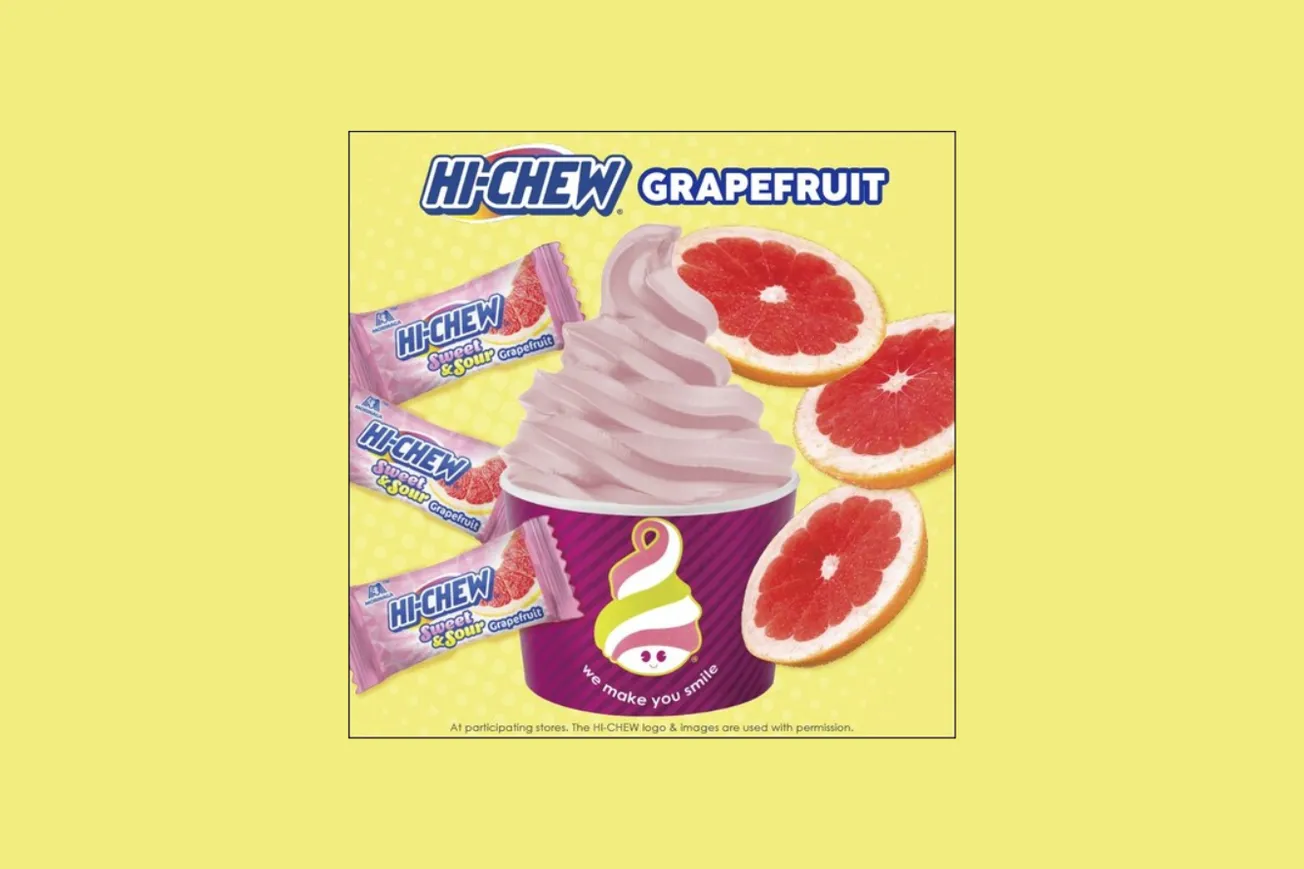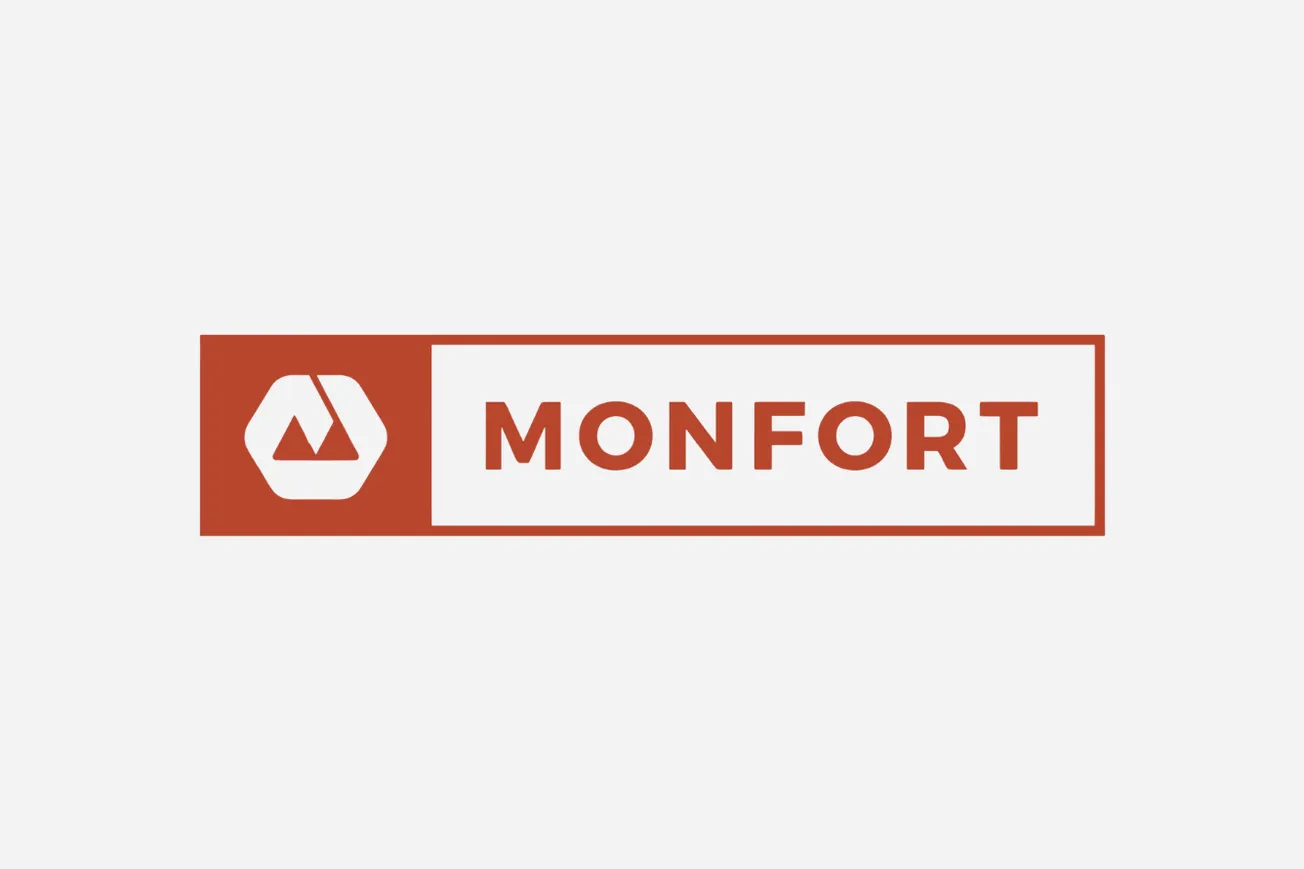MATTHEWS, N.C. — Family Dollar Stores Inc. has agreed to be acquired, but there remains some doubt about who will ultimately turn out to be the buyer.
Family Dollar Stores Inc. has agreed to be acquired, but there remains some doubt about who will ultimately turn out to be the buyer.
In late July the nation’s second-largest extreme-value retailer announced it had agreed to be acquired by Dollar Tree Inc., the No. 3 player in the trade class. But earlier this month Bloomberg reported that Dollar General Corp. was belatedly considering a bid. Citing two people “with knowledge of the matter,” the report cautioned that there was no guarantee an actual bid would follow, while one of the sources reportedly estimated the likelihood at 50%.
Coverage of the Family Dollar/Dollar Tree agreement in the financial press ballyhooed the influence of activist investor Carl Icahn, who had acquired a 9.4% stake in Family Dollar, making him the largest stockholder. In June he publicly demanded that the chain be put up for sale immediately, preferably to rival Dollar General, threatening a proxy fight if his demand was ignored. He sold most of his stake after the agreement with Dollar Tree was announced.
But a regulatory filing by Dollar Tree indicates that the two retailers were already in negotiation well before Icahn’s involvement.
The account in the filing is consistent with remarks by Family Dollar chairman and chief executive officer Howard Levine in a recent interview with the Charlotte Observer. Levine said Family Dollar’s board had launched a strategic review months before Icahn’s entry on the scene. Family Dollar and Dollar Tree signed confidentiality agreements in April, and negotiations were soon under way.
The resulting agreement, valued at about $9.2 billion, offers Family Dollar shareholders $74.50 per share, consisting of $59.60 in cash and $14.90 in Dollar Tree stock, which represents a 22.8% premium over the closing price of $60.66 on July 25. Family Dollar’s stock had reached that level only once before the deal was announced. The combination is expected to be accretive to cash earnings per share within the first year after closing, excluding onetime costs to achieve synergies. About $300 million in annual synergies are expected by the end of the third year after closing.
The agreement has been approved by both companies’ boards of directors, and is expected to close in early 2015 — barring successful intervention by another bidder. Levine, who will join the Dollar Tree board upon closing, is slated to remain with the combined company in an unspecified role, reporting to Bob Sasser, Dollar Tree’s CEO.
"This is a transformational opportunity," Sasser remarked when the deal was announced. "With this acquisition, Dollar Tree will become a leading discount retailer in North America, with over 13,000 stores in 48 states and five Canadian provinces, sales of over $18 billion, and more than 145,000 associates. We will continue to operate under the Dollar Tree, Deal$, Dollar Tree Canada brands, and when this transaction is complete, we will operate under the Family Dollar brand as well.
“This acquisition will enable us to build on that progression, and positions Dollar Tree for accelerated growth. By offering both fixed-price and multi-price-point formats and a broader, more compelling merchandise assortment, we will be able to provide even greater value and choice to a wider array of customers.”
Dollar Tree’s current store portfolio includes 4,673 Dollar Tree outlets in the United States and 189 in Canada, as well as 218 Deal$ multi-price-point discount stores that are closer to the Family Dollar and Dollar General core formats. Dollar Tree stores are true single-price-point dollar stores — the largest chain of true dollar stores in the country.
There are other interesting differences between the two retailers. While many of Family Dollar’s 8,246 stores are situated in urban or rural environments, and primarily draw a lower-income or low-middle income shopper, the Dollar Tree units tend to be found in the suburbs, attracting more middle-income consumers.
To many analysts, those differences make the combination less attractive than a Family Dollar/Dollar General merger, which they believe would offer greater potential for financial synergies. That view ignores, however, the presumably greater possibility that regulators would require substantial store divestitures due to overlap in many markets, particularly in the South.
Moreover, some financial pundits now recognize significant hurdles to a Dollar General deal because of the company’s delay in entering the bidding. First, Family Dollar would owe Dollar Tree a hefty breakup fee of $306 million, which Dollar General would ultimately have to pay. Second, Levine and hedge fund Trian Fund Management have agreed to vote their shares, which together amount to 16% of the total outstanding shares, in favor of Dollar Tree’s offer.
While the Family Dollar/Dollar Tree agreement caught many if not most financial analysts by surprise, Sandy Skrovan, U.S. research director for Planet Retail, considers it not entirely unexpected, and points to moderating results for the whole sector as a motive for such a combination.
"Underwhelming financials recorded by several value retailers this past year and, more recently, some shaky quarterly comparable-store sales results — including those of Family Dollar — suggested possible overexpansion or at least expansion at too aggressive a pace," she says. And indeed, comparable-store sales growth, a key performance metric has moderated at all three retailers over the past year.





